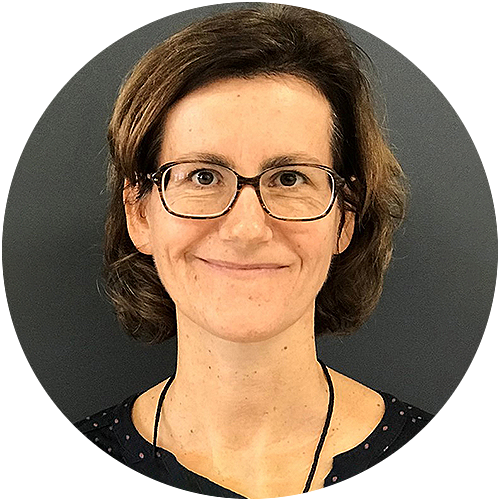Sophie Brasselet

18 - 21 August, 2025
Hyatt Regency Seattle
Seattle, Washington USA
Events
Sophie Brasselet

Polarized Super-resolution Microscopy in 3D to Image Complex Biomolecular Organizations
We report the imaging of the orientation of fluorescent single molecules in 3D, using polarized optical microscopy at high numerical apertures. We apply this approach to super resolution imaging of proteins’ organizations in cells.
About the Speaker
Sophie Brasselet is an optical physicist. She has obtained her PhD in 1997 at the University of Paris Sud, on the study of multipolar molecules applied to nonlinear optics in polymers. She then spent two years as a postdoctoral fellow at the University of California, San Diego and Stanford University (USA) with W.E. Moerner on the development of single molecule imaging methods in cells. After six years at ENS Cachan (France) as an assistant professor, she was recruited as a CNRS researcher at Fresnel Institute (Marseille). She is now a CNRS research director and the director of this institute. She has been developing non-linear optical microscopy and super-resolved fluorescence microscopy based on the control of light polarization for the last 15 years, with the goal to provide new imaging methods capable of accessing structural information in biological samples at the nanoscale. She is currently extending these approaches to 3D polarized imaging at high spatial resolution and with fast dynamics, as well as in scattering tissues, to adapt them to in vivo situations suitable for biomedical optics. She was awarded the CNRS silver medal (2016) as well as the Leon Brillouin Grand Prix of the Optical French Society (2022) and is an Optica Fellow since 2020. She has given more than 85 invited conferences and published more than 145 peer reviewed articles.
